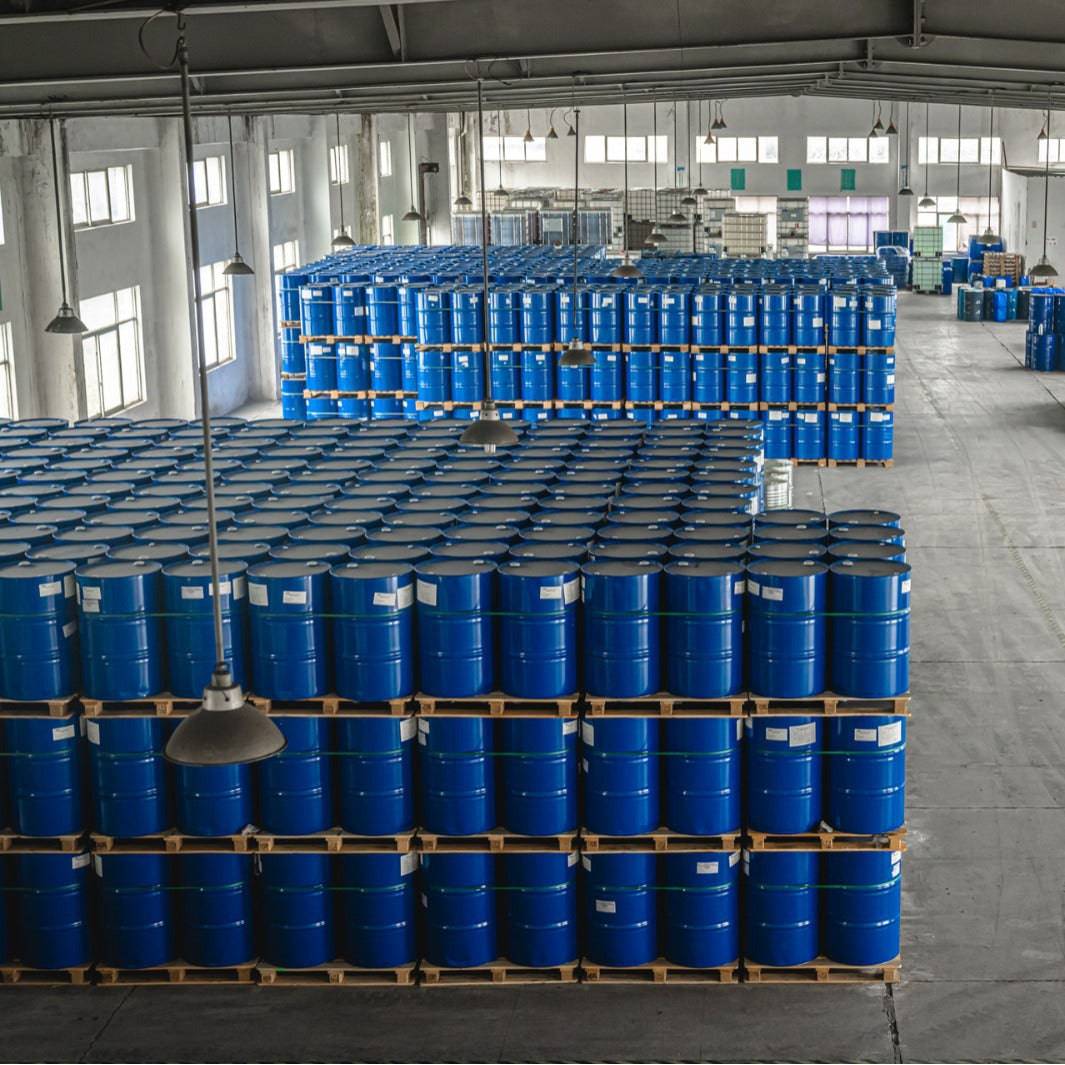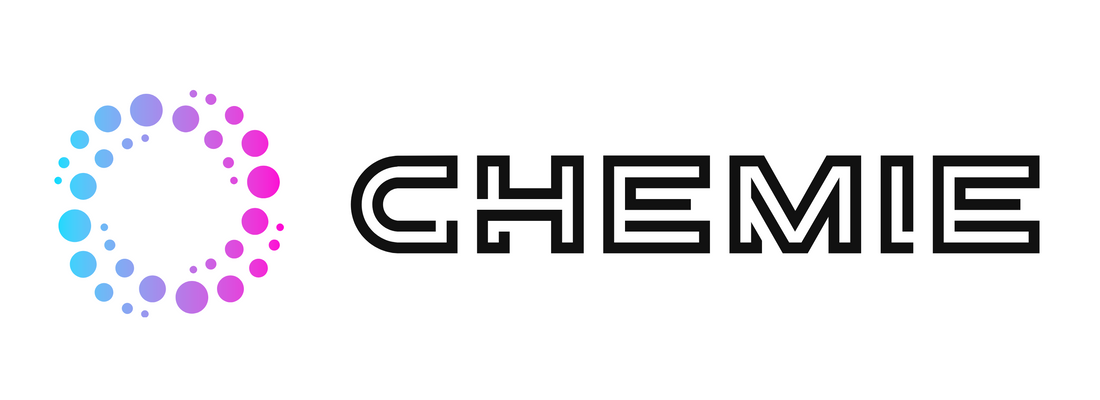Getting The Chemie To Work
Wiki Article
9 Easy Facts About Chemie Described
Table of ContentsChemie Fundamentals ExplainedThe 6-Minute Rule for Chemie10 Simple Techniques For ChemieAn Unbiased View of ChemieOur Chemie PDFsThe Single Strategy To Use For Chemie
(https://www.tripadvisor.in/Profile/chemie999)Calculated change in electrical conductivity of fluid samples as a feature of time when mixed with the resin example in the closed indirect air conditioning loophole experiment. Number 6 reveals the change in the gauged electrical conductivity of the liquid samples when stirred with the resin example. The conductivity of the water sample from the closed loophole experiment decreased by about 70% from 11.77 S/cm to 3.32 S/cm in 6 hours.These outcomes showed that the capability of the material depends on the examination fluid made use of for the experiment. This shows that various ions present in the fluid will certainly cause different ion exchange ability of the liquid. Therefore, computing the ion exchange resin ability with the fluid example from the real air conditioning loophole is very important.
Fascination About Chemie
An ion exchange material cartridge including 20g of Dowex combined bed material may take on order 938 days to saturate - therminol & dowtherm alternative. In other words, to keep a low electrical conductivity, a material cartridge with the measurement and weight spec as that of the resin cartridge utilized in the experiment, require to be altered every 30 months for the cooling system that was made use of in the experimentThe cooling of electronic parts has come to be a major challenge in current times due to the improvements in the layout of faster and smaller sized elements. The usage of a fluid coolant has come to be appealing due to the higher warmth transfer coefficient achieved as compared to air-cooling.
Fascination About Chemie
A single stage air conditioning loophole consists of a pump, a warm exchanger (cold plate/mini- or micro-channels), and a warm sink (radiator with a follower or a liquid-to-liquid warm exchanger with cooled water cooling). The warm source in the electronic devices system is attached to the warmth exchanger.The demands might vary depending on the sort of application. Adhering to is a list of some general demands: Good thermo-physical homes (high thermal conductivity and particular heat; reduced viscosity; high concealed warm of dissipation for two-phase application) Low freezing point and ruptured factor (often burst protection at -40 C or reduced is required for delivery and/or storage purposes) High climatic boiling point (or low vapor stress at the operating temperature level) for solitary phase system; a slim preferred boiling point for a two-phase system Good chemical and thermal security for the life of the electronics system High flash factor and auto-ignition temperature level (occasionally non-combustibility is a requirement) Non-corrosive to materials of construction (metals in addition to polymers and various other non-metals) No or very little regulative restraints (environmentally pleasant, harmless, and potentially naturally degradable) Cost-effective The ideal electronic devices coolant is a low-cost and nontoxic liquid with exceptional thermo-physical residential properties and a lengthy solution life.
Facts About Chemie Uncovered
Many of these liquids have a non-discernible odor and are safe in instance of contact with skin or consumption. As stated previously, aliphatic PAO-based liquids have changed the silicate-ester liquids in a variety of military electronics (and avionics) cooling down applications in the last years. One more course of popular coolant chemistry is dimethyl- and methyl phenyl-poly (siloxane) or frequently called silicone oil.Of all, these fluids are non-combustible and safe. Some fluorinated compounds have no ozone diminishing prospective and various other environmental properties.
Ethylene glycol is anemic and almost odor free and is entirely miscible with water. When effectively prevented, it has a relatively reduced corrosivity. This coolant is identified as harmful and should be dealt with and disposed of with care. The high quality of water used for the prep work of a glycol solution is extremely important for the system.
All about Chemie

Besides absence of poisoning, it has no advantages over ethylene glycol, being higher in price and even more viscous. This is an affordable antifreeze service, immersion cooling liquid discovering usage in refrigeration solutions and ground source heat pumps. Similar to glycols, this can be prevented to stop rust. This fluid can be used to -40 C due to its reasonably high rate of warm transfer in this temperature level range.
It is thought about even more hazardous than ethylene glycol and consequently has actually discovered usage just for process applications situated outdoors. Methanol is a flammable liquid and, as such, presents a possible fire danger where it is kept, managed, or used.
Chemie - Questions
As a flammable fluid, it requires particular safety measures for taking care of and storage space. Aqueous options of calcium chloride find vast use as flowing coolants in food plants. It is non-flammable, non-toxic and thermally more efficient than the glycol options. A 29% (by wt.) calcium chloride solution has a cold point below -40 C.
Report this wiki page